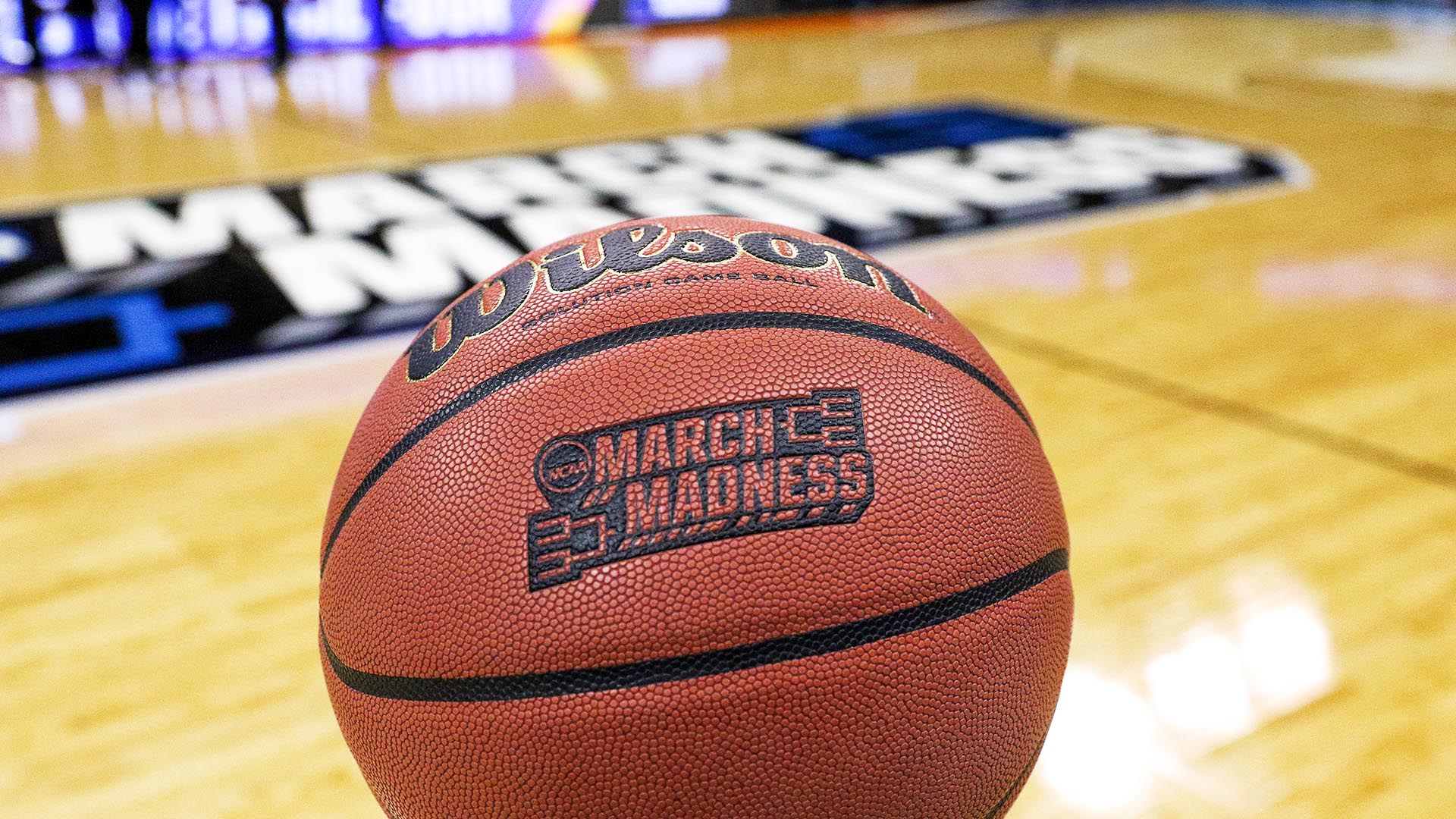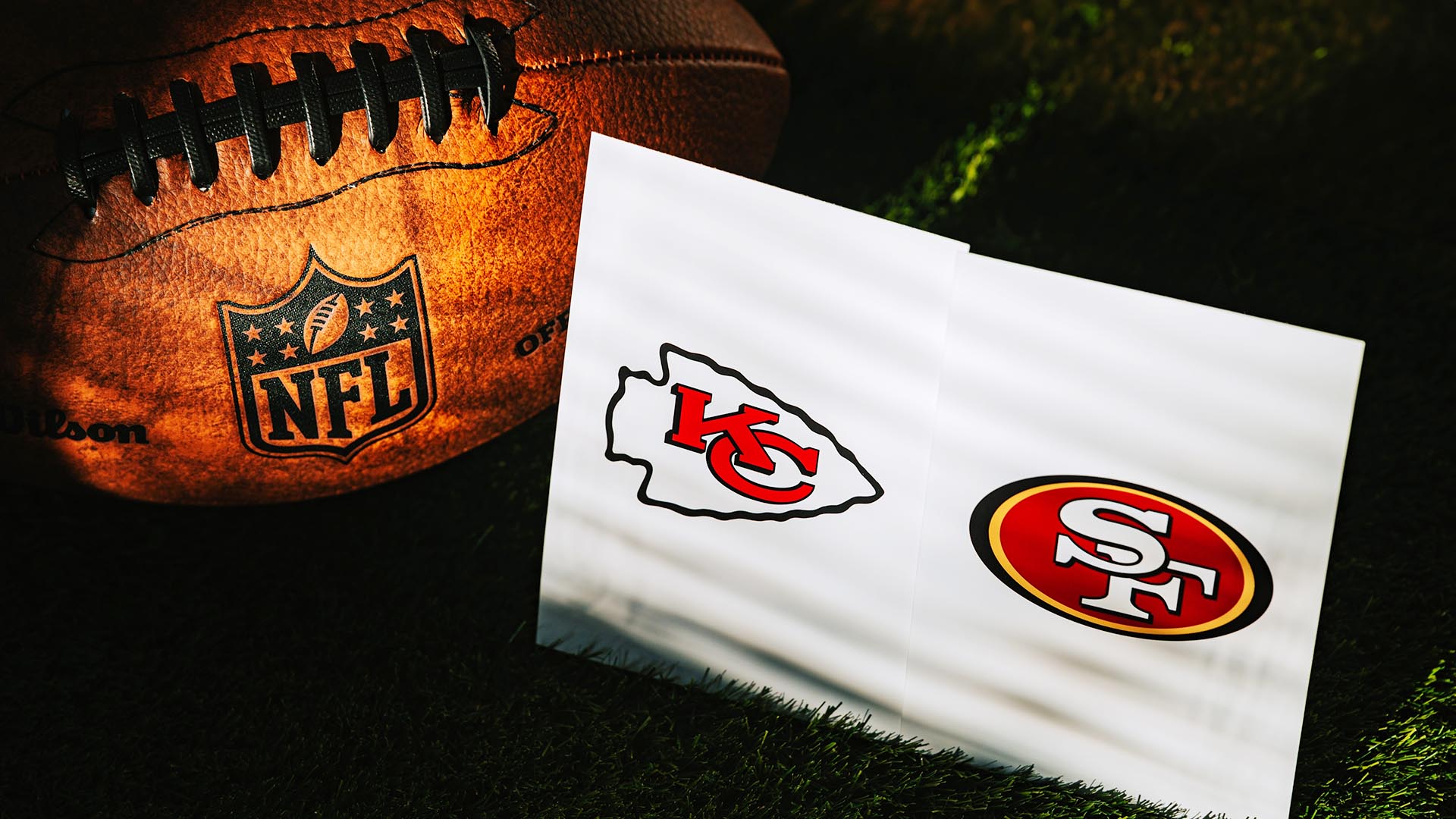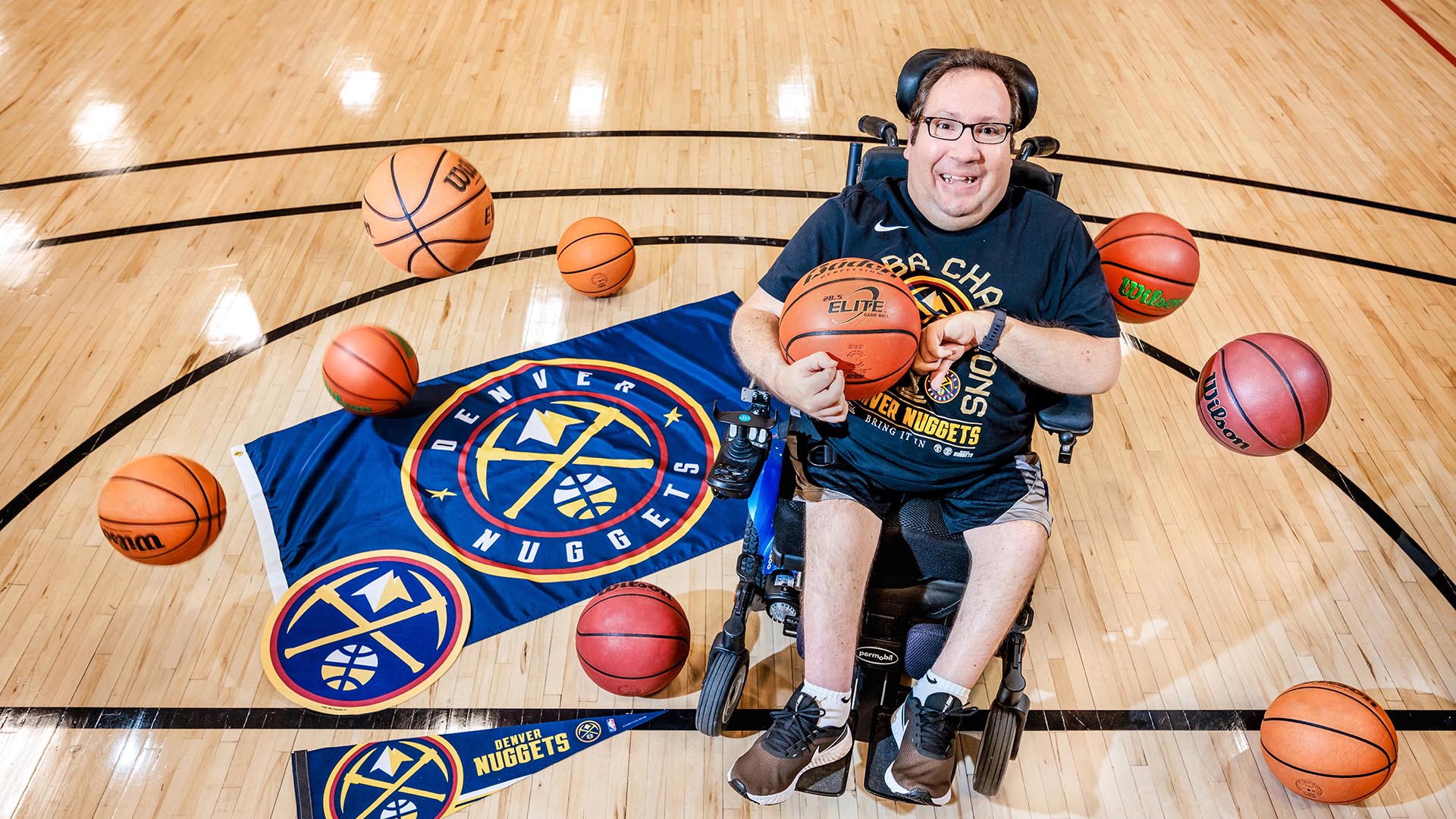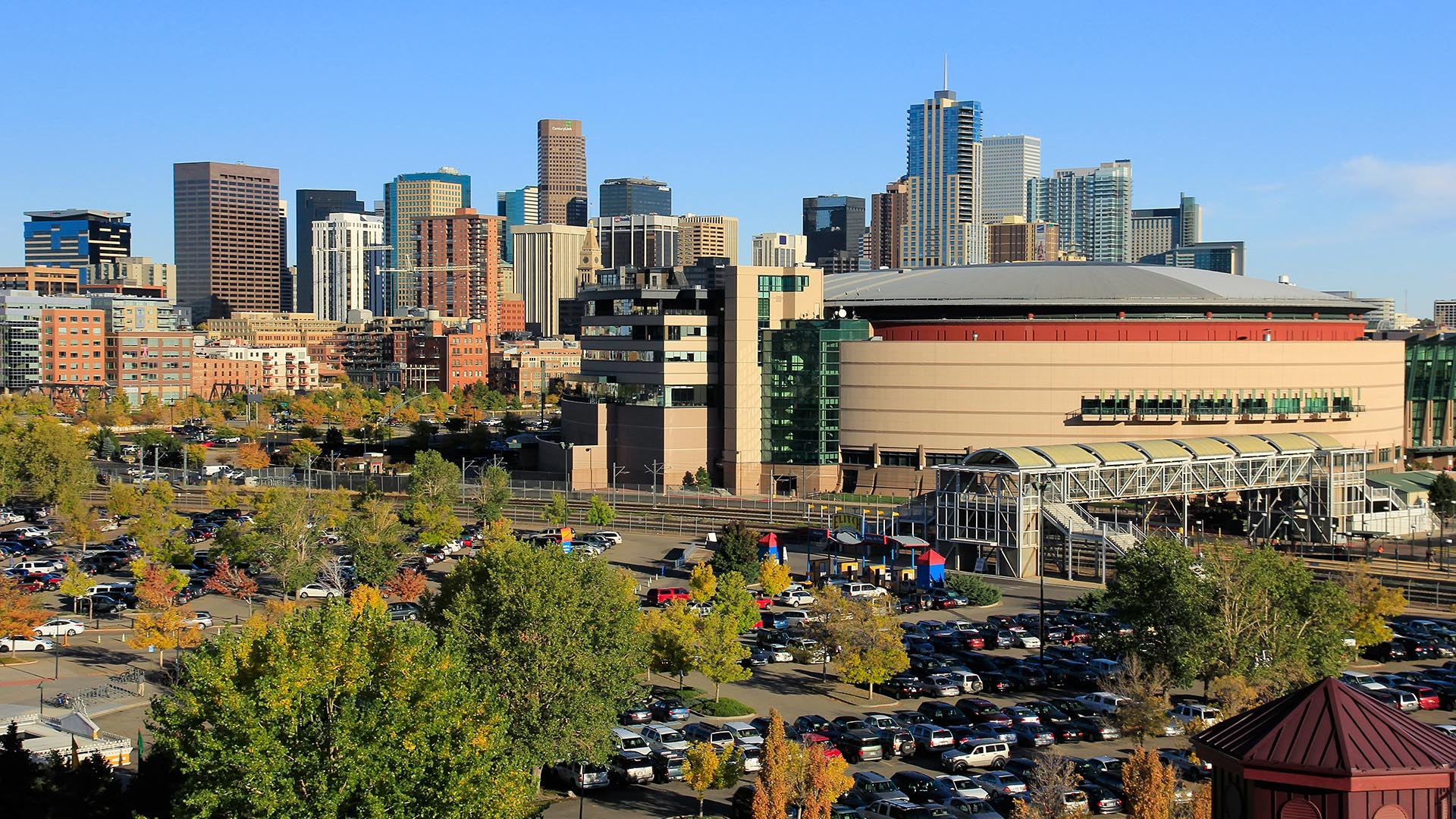When will baseball return from COVID-19 shutdown?
America's ballparks remain empty as the nation stems the spread of coronavirus. When and how will Major League Baseball – or any professional sports – get back in the game?
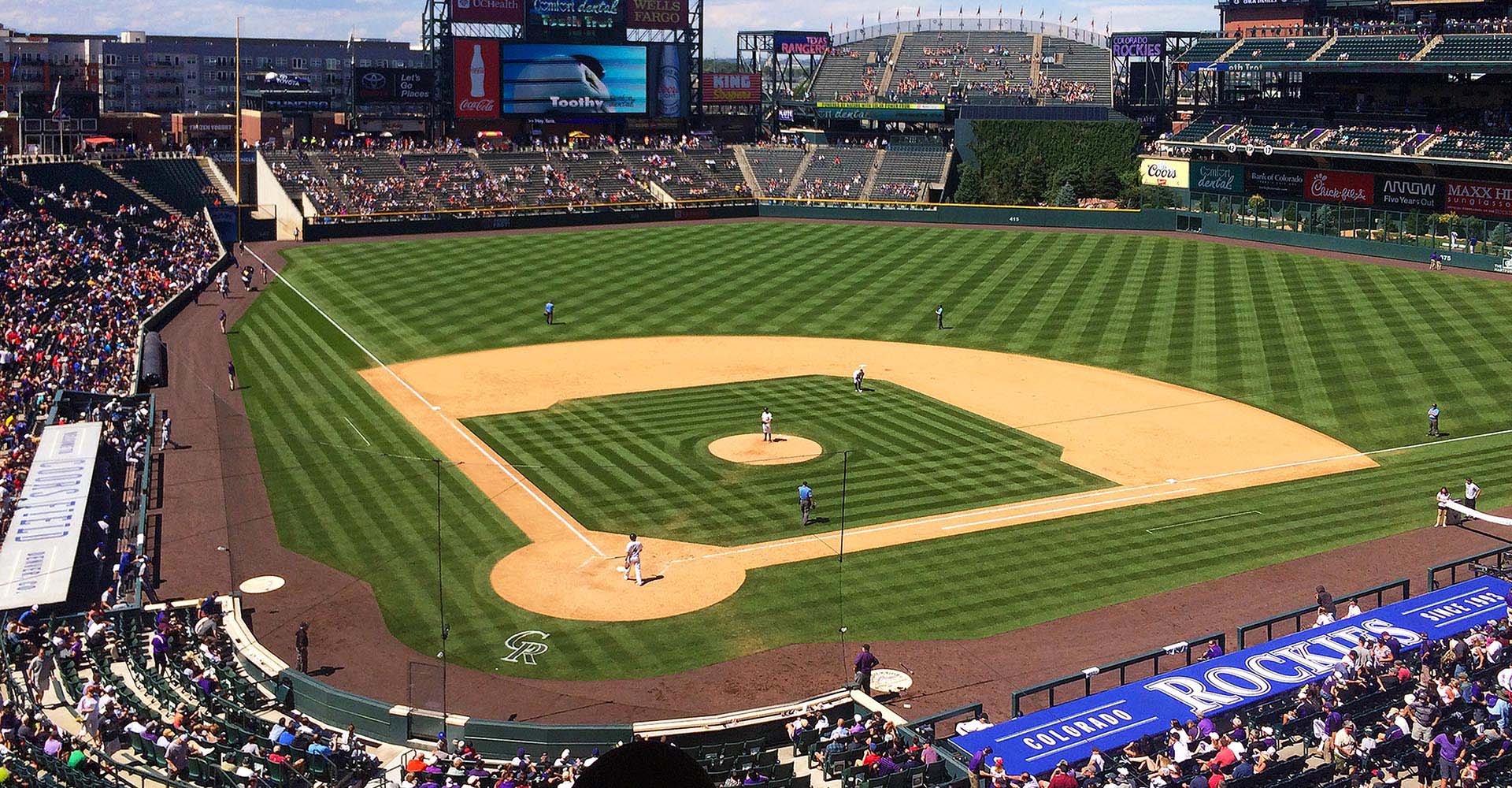
The Colorado Rockies should be facing the Cincinnati Reds in a three-game Mother’s Day-weekend homestand.
Instead, Coors Field and LoDo’s bars and restaurants sit empty while the Major League Baseball season is postponed to stop the spread of COVID-19.
It has been nearly two months since the last time a professional sport was played in the United States; the National Basketball Association indefinitely suspended its season March 11 after its first players tested positive for coronavirus, and the National Hockey League followed suit the next day. COVID-19 closures forced Roger Goodell, commissioner of the National Football League, to announce draft picks from his basement in April rather than from a stage next to the Caesars Forum in Las Vegas as the league had planned before the pandemic.
As the pandemic stretches into mid-May with no COVID-19 vaccine in sight, many sports fans have pondered whether we’ll see sports, including our national pastime, again any time soon.
There are countless logistical issues MLB must grapple with to start the season, said Kelly Evans, assistant professor in Metropolitan State University of Denver’s Human Performance and Sport Department. For instance, the league must find hotels large enough to house players and find a way to keep players 6 feet apart off the field.
“I can’t say anything definitive, but my opinion is that looking at all the studies that have been done, I don’t see MLB coming back at all. I don’t think they will be able to get their stuff together before the end of the season,” Evans said. “Organizations like MLB don’t have any sort of Plan B right now. It is going to take a lot for them to mobilize and get on the same page. I don’t see that happening within the next couple of months.”

MLB is preparing a report for the Major League Baseball Players Association, which represents MLB players, according to an ESPN report. One possibility explored by MLB would bring professional baseball back by sequestering all 30 teams in the Phoenix area, where players would quarantine themselves in hotels, regularly get tested for the virus and travel to stadiums in Arizona only to play games where no fans would attend, ESPN has reported. But the MLBPA has said some players do not want to separate from their families.
Baseball without fans in the seats would be odd, and the energy of the game would be different, said MSU Denver head baseball coach Ryan Strain.
America’s national pastime runs through Strain’s veins. His father was a scout for the San Francisco Giants for nearly 40 years while Strain spent a few years playing minor-league baseball. Strain questioned what the MLB would do if a player tested positive for COVID-19. He says that if testing is available, the league will be able to move forward again.
“The country needs (sports), even if you’re not a sports fan. I think it would be a great thing to have sports again,” Strain said. “It will hopefully give us a guide to getting back to normalcy sometime soon.”
But pro sports could return because packing fans into stadiums is not as important as getting games on TV when it comes to revenue, said Darrin Duber-Smith, a marketing senior lecturer at MSU Denver.
Media rights to televise professional sports are the biggest revenue generator for sports leagues, said Duber-Smith, who teaches sports marketing, green marketing and advertising management. The NBA has a $24 billion television contract, according to the league, while in 2018 MLB and Fox Sports agreed to a national television-rights agreement worth $5.1 billion, the New York Times reported.
“Sports to me is easy because we watch it on TV. TV earns most of the revenue,”Duber-Smith said. “If they can make it so players aren’t infecting each other, then I don’t see any problem with bringing sports back right away.”
America is beginning to learn to live with the virus, he said, and may accept that the new normal is not filling stadiums that can hold thousands.
“If that’s the case, sports in person will be permanently affected. It means fewer will be in stadiums,” Duber-Smith said. “What it means is TV becomes even more important for revenue. Let’s get this stuff back on TV. Let’s not worry about stadiums yet. In-person (sports viewing) is not as important to revenue as it used to be. We should focus on getting the product out.”

